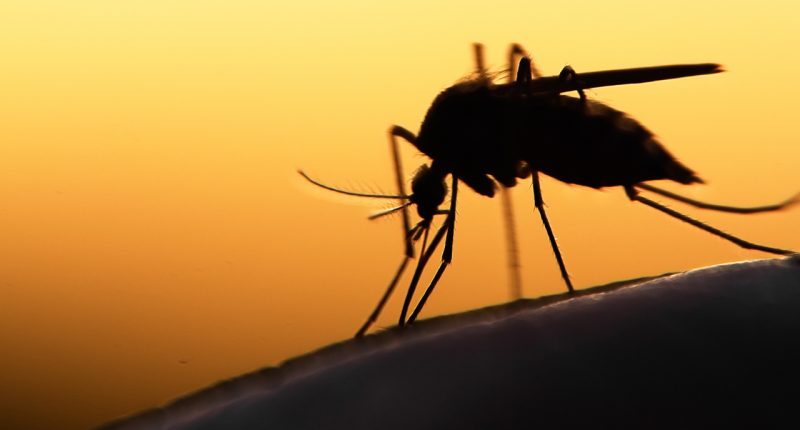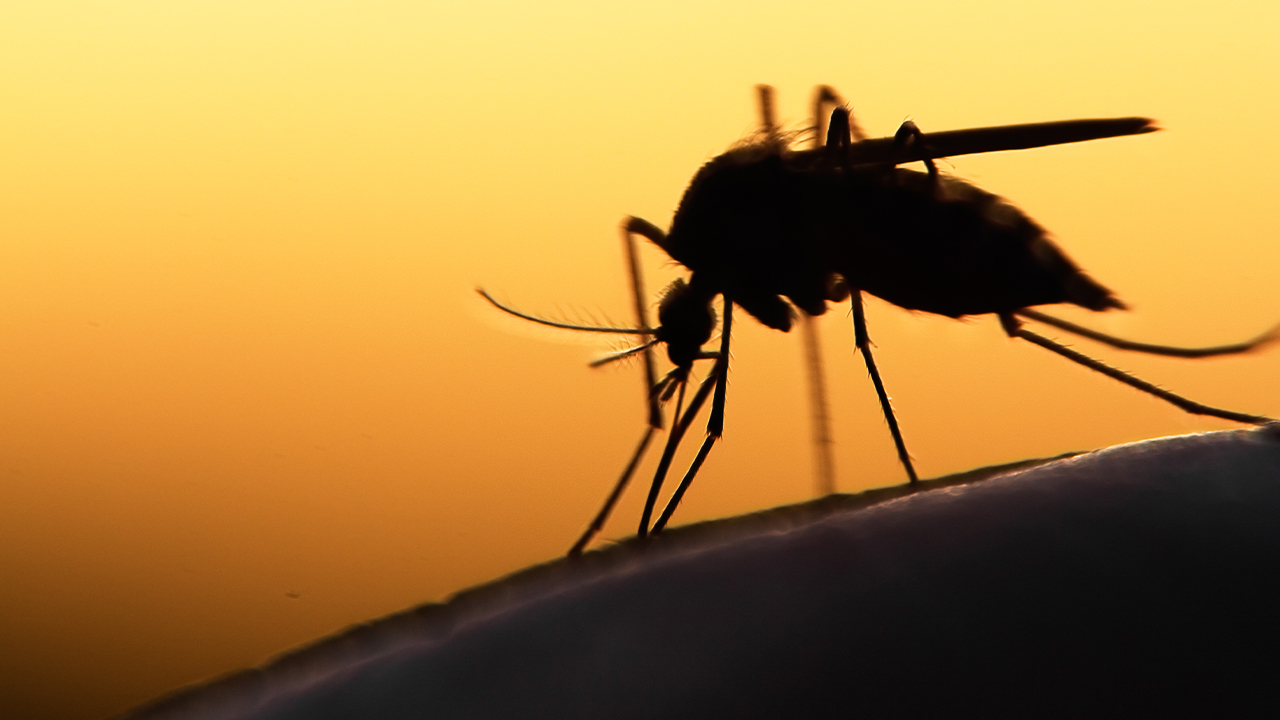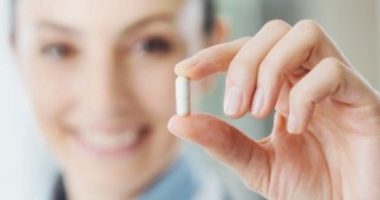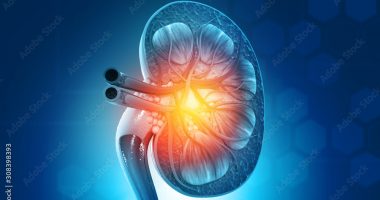- Insecticide specialist Bio-Gene Technology (BGT) has reported a breakthrough in its malaria control product
- Flavocide was proven to be an effective killer of mosquitos that carry malaria and other deadly diseases
- These mosquitos have built up a resistance to common insecticide, meaning a new solution is needed
- Bio-Gene’s Flavocide is toxic enough to kill mosquitos through contact with just their feet
- The product, however, is safer for other insects like bees than other conventional pest controls
- Bio-Gene shares are at an all-time high today, worth 25 cents each in early afternoon trade
Insecticide specialist Bio-Gene Technology (BGT) has discovered the secret to malaria control is in Aussie eucalypt trees.
The breakthrough came from a study at Purdue University in the United States which found Bio-Gene’s Flavocide insecticide works against the type of mosquito which carries malaria.
Destroy the resistance
This mosquito, known as Anopheles gambiae, is increasingly developing a resistance to the common insecticides that have been in use since the 1970s.
Flavocide, which is based on a natural compound found in eucalypt trees, can kill mosquitoes by physical contact. In fact, according to Bio-Gene CEO Richard Jagger, the product is toxic enough to kill adult mosquitos through just their feet.
This means all it takes to destroy the disease-carrying pest is for the insect to land on a surface sprayed with Flavocide.
“Combined with previous trial work, the company has now demonstrated Flavocide activity against resistant populations of the major mosquito species that carry diseases of such global importance as Malaria, Zika virus, and Dengue fever,” Richard said.
Flavocide can be used in insecticide-treated bed nets (ITNs) or indoor surface sprays, which are the most common and effective methods of mosquito control.
A growing threat
Professor Catherine Hill, who led the Purdue study, laid out some concerning statistics in Bio-Gene’s announcement to the Australian Securities Exchange this morning.
According to Catherine, diseases transferred by blood-sucking insects — known as vector-borne diseases — are increasing due to issues like resistance, population growth, and climate change.
In fact, according to a 2014 World Health Organisation report, more than half of the world’s population is at risk of contracting a vector-borne disease like malaria, Dengue fever, or Yellow fever.
From malaria alone, 400,000 people die annually and roughly 228 million cases of the disease were diagnosed in 2018.
“Zika virus has been declared a global health emergency, and death due to Dengue Fever has increased 30 fold in the last 50 years,” Catherine said.
On top of the deaths, the diseases are known to hinder economic development — particularly in Africa, where the vast majority of cases occur.
No more fleas but happy bees
A welcome bonus of the Flavocide product is its effect on bees compared to other commonly-used insecticides.
Bee populations have been in crisis for the last decade as insecticides designed to protect crops — or control mosquitos — put bees in the firing line as well.
Whole colonies are being destroyed at a time as collateral damage to pest control, and several species of bee are now on the endangered species list.
Richard touted that Flavocide, however, was far safer for bees than the average insecticide.
“Flavocide is up to 5,000 times safer to bees by oral ingestion compared to other chemical products, notably the neonicotinoids, that are generally associated with bee toxicity,” he said.
While bees would likely not be ingesting pesticides and insecticides from hard surfaces or ITN’s anyway, Flavocide may now have the potential to be a safer insecticide in areas that extend beyond disease control.
Today’s update has spiked Bio-Gene’s share price to its highest point since listing on the ASX in 2017.
After hitting a premium 32 cents per share shortly after opening, things have settled slightly and Bio-Gene is now up 6.38 per cent and selling shares for 25 cents each. The company’s market cap is valued at $33.22 million.







